Anyone who knows me well, knows I'm kind of obsessed with personal hygiene. So much so, I never leave my house without a plastic baggy that contains my tooth brush, paste, and floss. I also always carry baby wipes with me (because toilet paper just doesn't cut it for me) along with more than one bottle of anti-bacterial gel.
But apparently everything I thought I knew about personal hygiene is totally wrong! Here I am, washing my hands excessively, living my life like a person with obsessive compulsive disorder, just to discover that I'm probably still covered in loads of bacteria. Because apparently everyone's hygiene habits are actually worse than they think!
Read more ¿Qué más?: That "healthy" ground turkey actually has a disgusting amount of poop in it
The truth is, good personal hygiene is actually the first step to a good and healthy life. It's the best way to avoid any bacterial diseases. But you still might want to scrub your hands a little harder the next time you go to wash them because your usual daily routine might not be enough. Prepare yourself for the most disgusting news regarding your personal hygiene yet!
Image via Getty Images
Your anti-bacterial gel isn’t that good
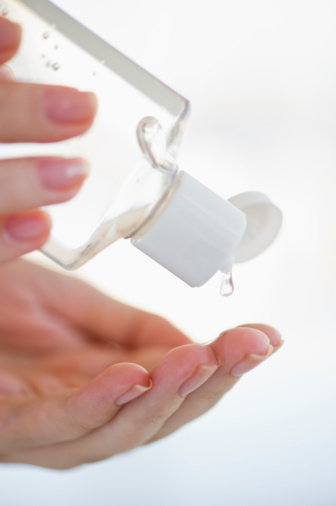
It's hard to believe, but anti-bacterial doesn't work any better than regular soap. Most of them contain triclosan, a chemical that can actually alter your hormone levels. How freaky is that? According to a study by the center for Disease Control and Prevention (CDC) anti-bacterial gels and regular soaps technically work the same. Washing your hands with regular soap and warm water is probably the best way to fight off germs.
Your washing machine might be covered in E.coli
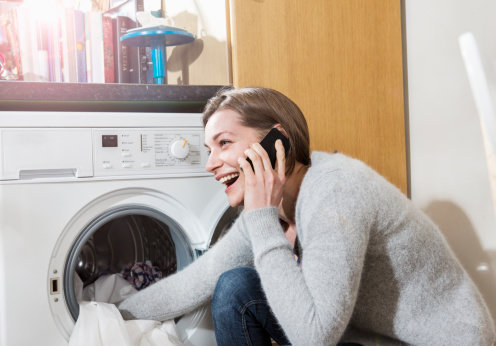
The next time you decided to do a load of laundry, keep in mind that your washing machine might be filled with E.coli and feces that somehow made their way onto your clothes. Apparently your underwear is the biggest culprit for this. "There's a tenth of a gram of poop in the average pair of underwear," Dr. Charles Gerba, a professor of microbiology at the University of Arizona says. "If you wash a load of just underwear, there will be about 100 million E. coli in the wash water, and they can be transmitted to the next load of laundry." I recommend either hand washing your undergarments or washing them with warm water settings, then instantly throwing them into the dryer.
Your purse has more bacteria than your toilet
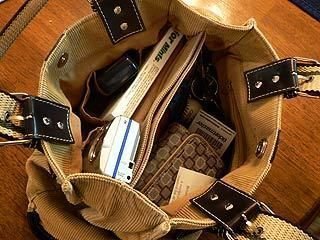
According to a recent study, the average woman's handbag has even more bacteria than a toilet. They carry SO much germs they can even pose health risks. So gross!
Thongs can give you infections
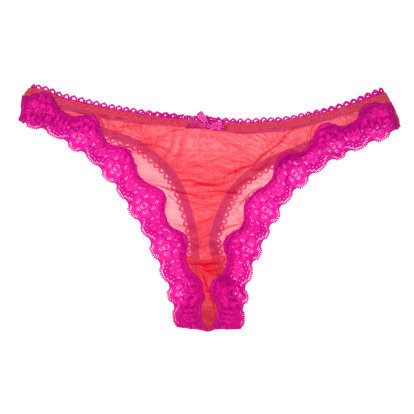
If you've been struggling with more UTIs and yeast infections than usual lately, your thong might be to blame. Basically if the skinniest part of the thong (in other words the part that slips in your butt) gets anywhere near your vagina or urethra, you can totally get an infection. Did you know these things could also cause skin tags? Ewww!
Your cellphone can get you sick

Don't underestimate the number of germs that can make their way onto your cellphone. In fact most cell phones carry as much germs on them as a bathroom door knob, putting you at risk for anything like the flu, diarrhea, or even an eye infection. Pass an alcohol swab over your phone every night just to prevent some of this!
Your morning coffee is nasty
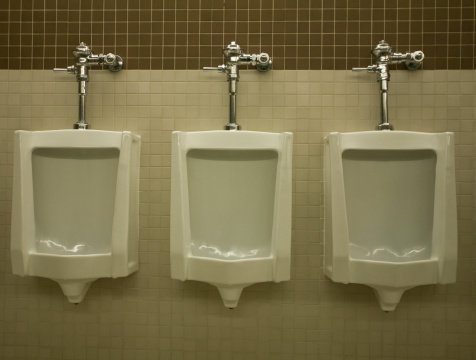
I don't mean to freak you out, but have you ever thought about what kind of water your local coffee shop uses to make that delicious café latte you get every morning? Well earlier this year we heard a Starbucks store was using the water from a spicket next to a urinal to make their coffee. I'll stick to my at-home greca thank you very much!
Your toilet might be contaminating your tooth brush
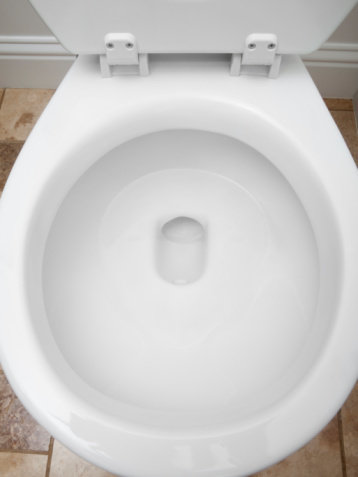
If you're flushing your toilet with the lid open, chances are you're contaminating everything near it. "With the lid open, the particles will float as far as 6 feet away so make sure at the very least that top is down and your toothbrush is out of range or covered," Dr. Gerba told Atlantic magazine.

